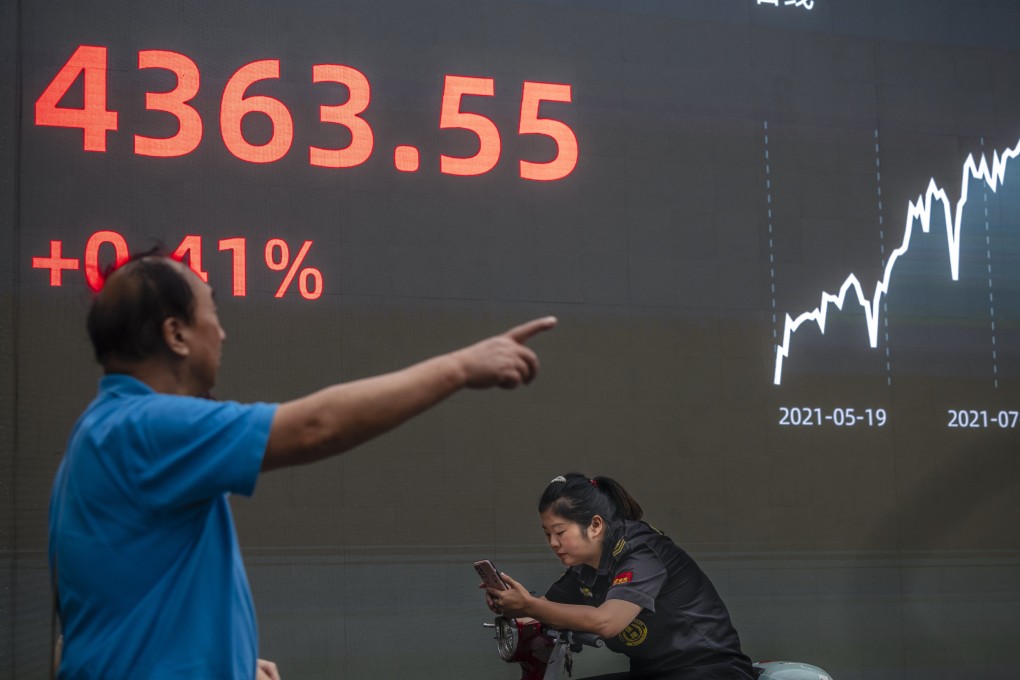Hong Kong stocks fall most in a week as Meituan slides before earnings report while new data underpins Fed tightening bias
- Meituan is set to report a wider net loss as crackdown and lockdown likely eroded earnings power last quarter, analysts forecast
- Strong US manufacturing data and job openings heightened concerns about the Federal Reserve’s super hawkish policy

The Hang Seng tumbled 1 per cent to 21,082.13 at the close, the biggest pullback since May 24. The loss trimmed this week’s gain to 1.9 per cent. The Tech Index slipped 0.8 per cent. The Shanghai Composite Index added 0.4 per cent a day after Shanghai ended a two-month citywide lockdown. Markets are closed for a public holiday on Friday.
Meituan retreated 1.3 per cent to HK$180.20. Net loss in the quarter to March 31 probably widened to 6 billion yuan (US$901 million) from 4.8 billion yuan a year earlier, according to analysts tracked by Bloomberg. The report card is due after the close of trading.
“Tech stocks may still languish for a while,” said Wang Xueheng, an analyst at Guosen Securities. “The expectations for 2022 corporate earnings are still high and there will be more cuts going forward. US stocks may also be a drag as the correction is not over yet.”
Alibaba Group Holding slid 2.4 per cent to HK$92.30 while Tencent Holdings retreated 0.4 per cent to HK$359. CSPC Pharmaceutical and Hang Lung Properties slumped more than 5 per cent, among the worst index performers.